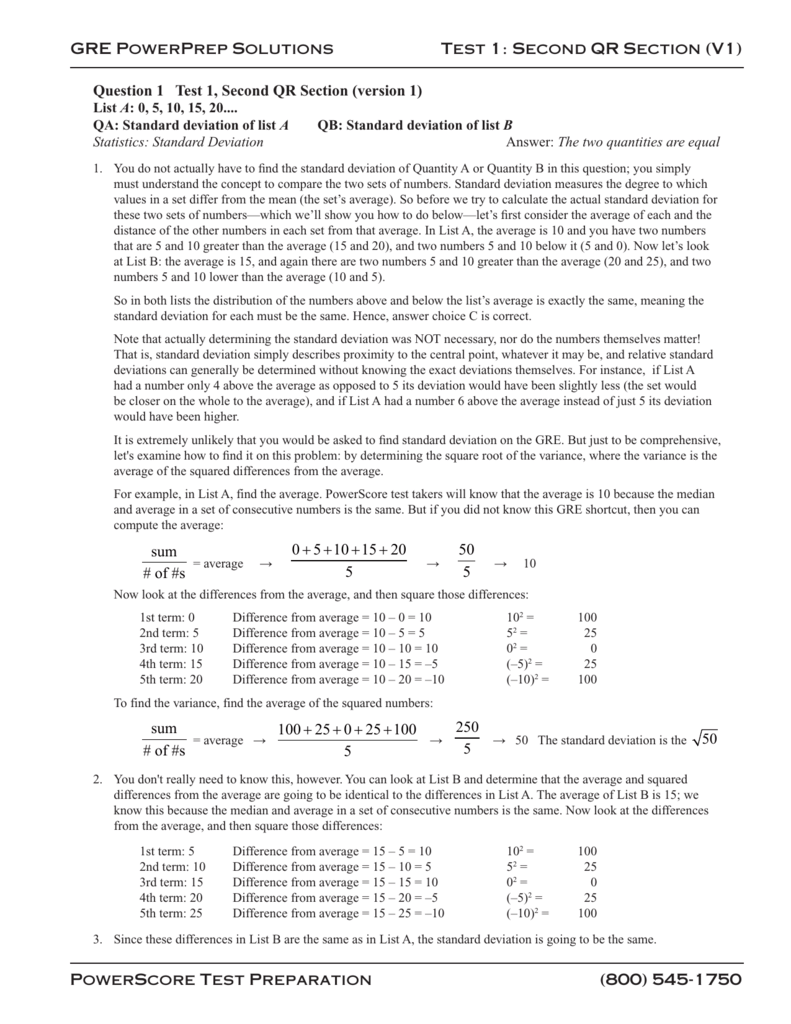

Normally, it is believed that in order to succeed in these two sections, about 3,000 words have to be learned. Students should first emphasize these two parts - (i) Text completion (fill in the blanks) and (ii) Sentence Equivalence (selecting synonyms). Reading Comprehension: selecting the answers to the questions based on the given passage.Sentence Equivalence: the selection of synonyms.Text Completion: inserting words in the blanks.Verbal Reasoning consists of 3 types of questions : The 20 questions in each section always split into 6 "Text Completion" questions, 4 "Sentence Equivalence" questions, and 10 "Critical Reasoning" questions. The verbal part, like the quantitative part, is graded on a scale of 130-170, and each section also consists of 20 questions, and unlike the quantitative part of the 20 questions, only 30 instead of 35 minutes are available. They are all designed to assess the student's ability to draw conclusions, to use the arguments to identify the key points, and to understand the printed text and individual words. As the main validation tools are several passages and questions that need to be answered after reading them. The verbal section of the GRE examines the participant's skills in the areas of reading comprehension, critical reasoning, and vocabulary usage. By itself, the GRE exam is quite complex, so it is extremely important for him to be well prepared. With this test, the admissions committee evaluates the level of knowledge as well as analytical skills and critical thinking of future students. GRE Verbal Reasoning Patternįor admission to postgraduate, masters, and a number of other programs of American universities, each candidate must pass a standardized examination GRE (Graduate Record Examinations).
#Gre powerprep test 2 verbal solutions free#
GRE Mock Test 200: Practice free online GRE Verbal Reasoning exam questions and answers and detailed solutions. GRE Verbal Reasoning Mock Test Paper 2022 | Practice Free Online


 0 kommentar(er)
0 kommentar(er)
